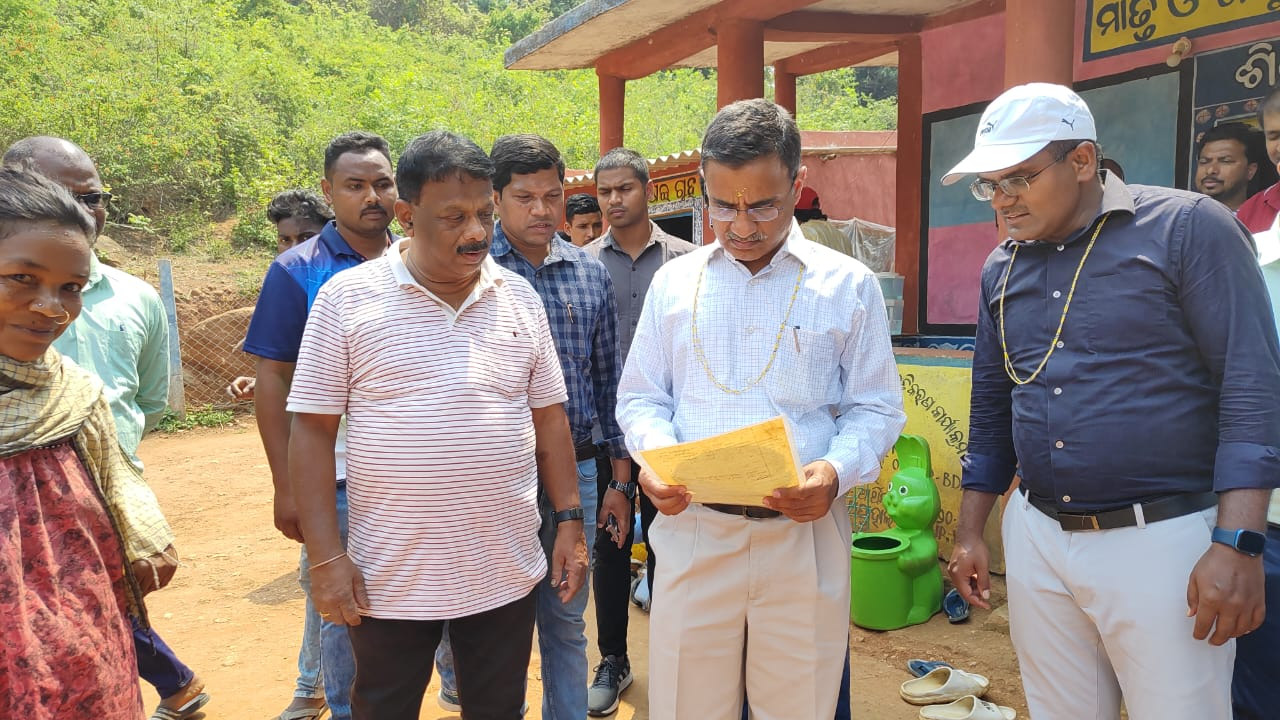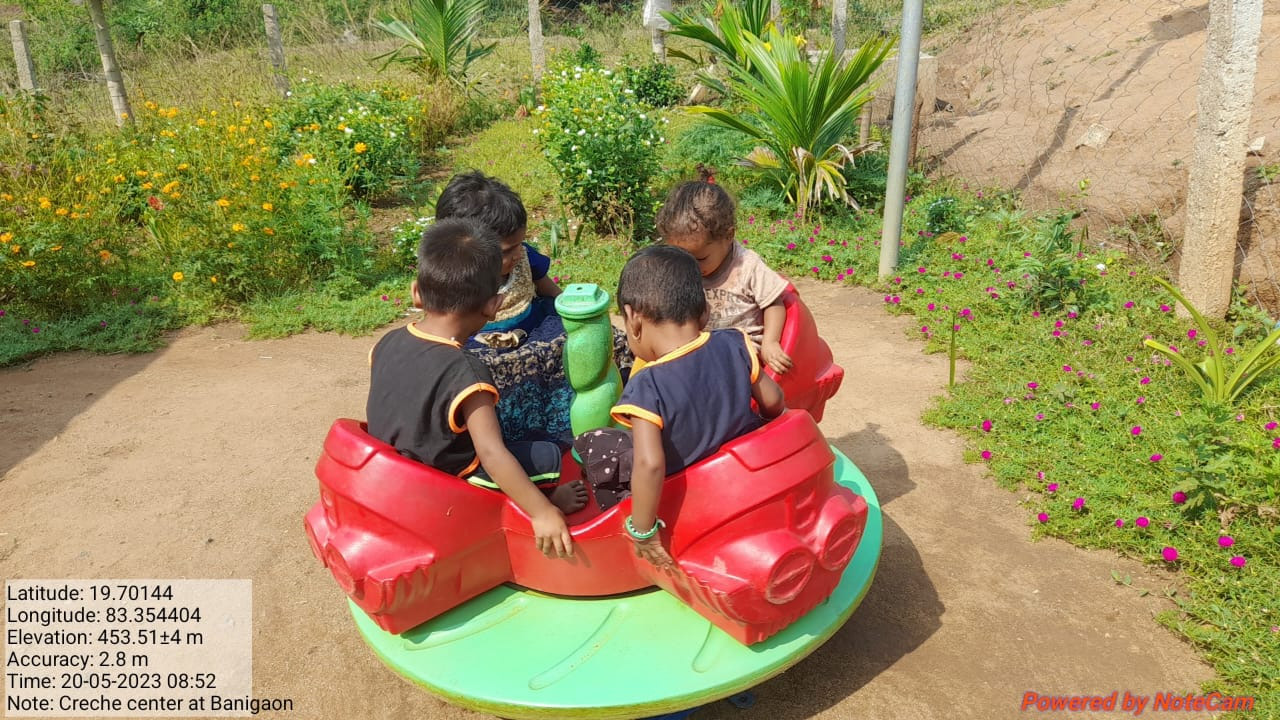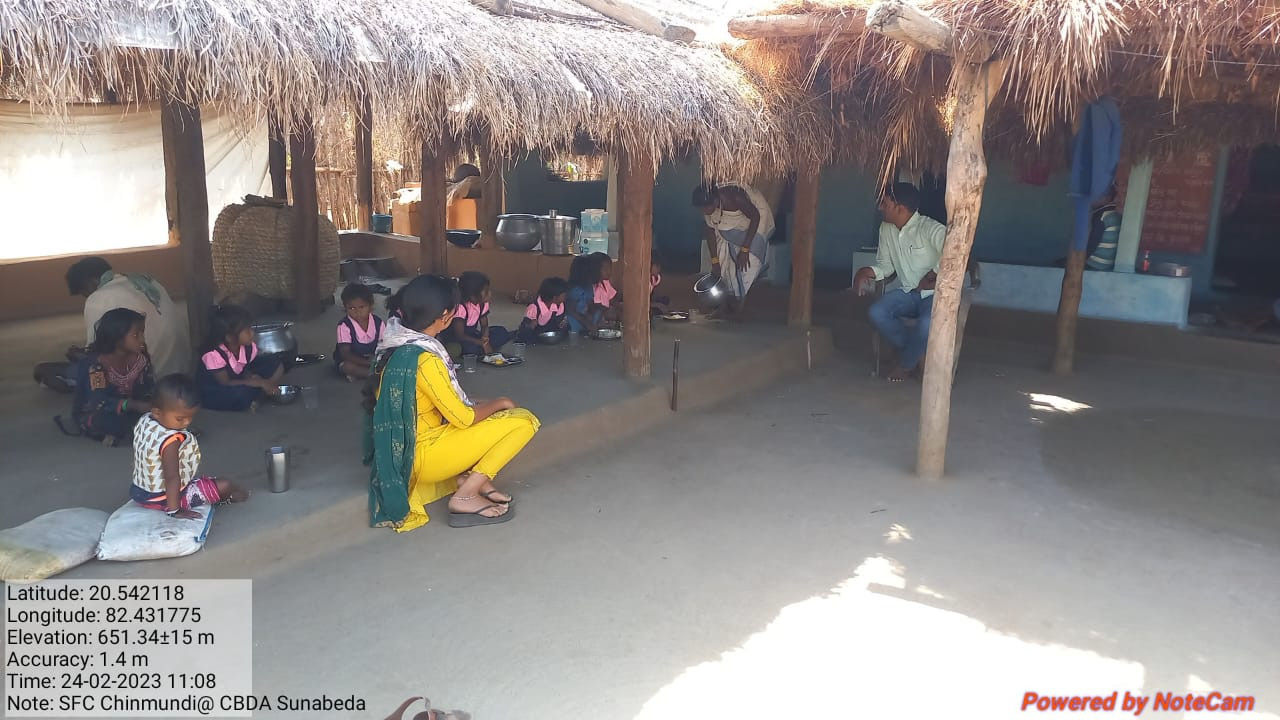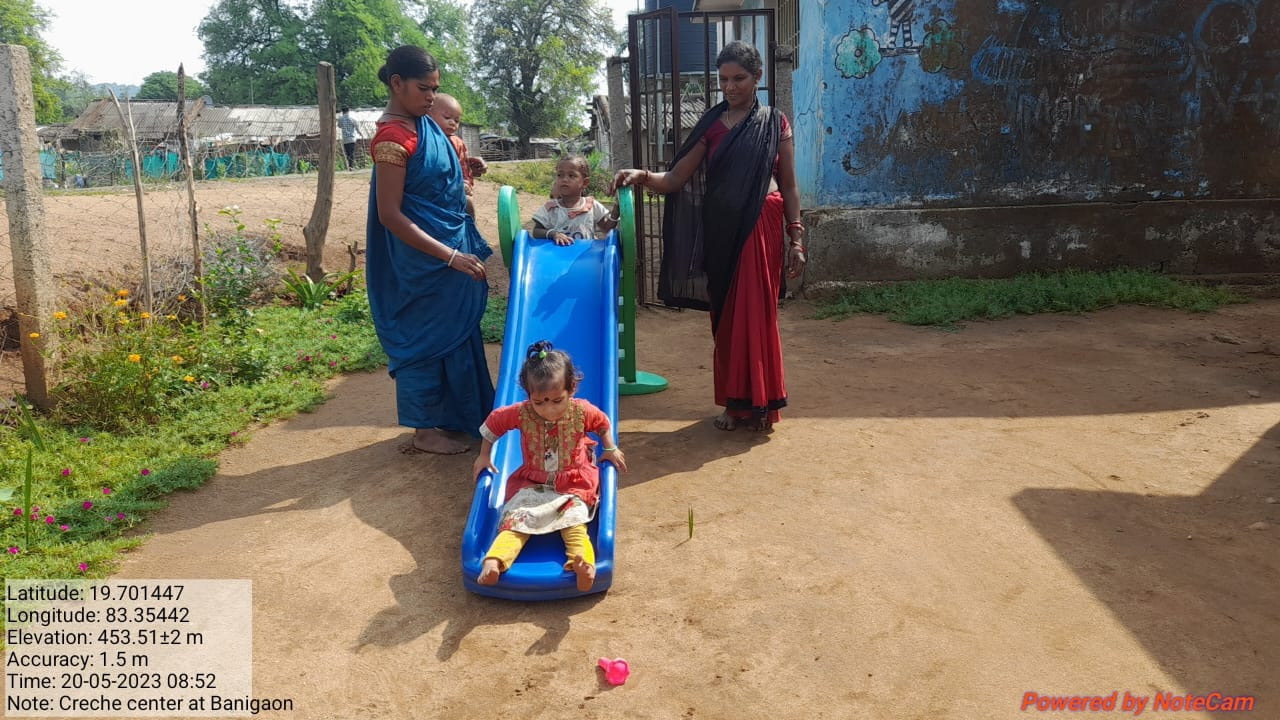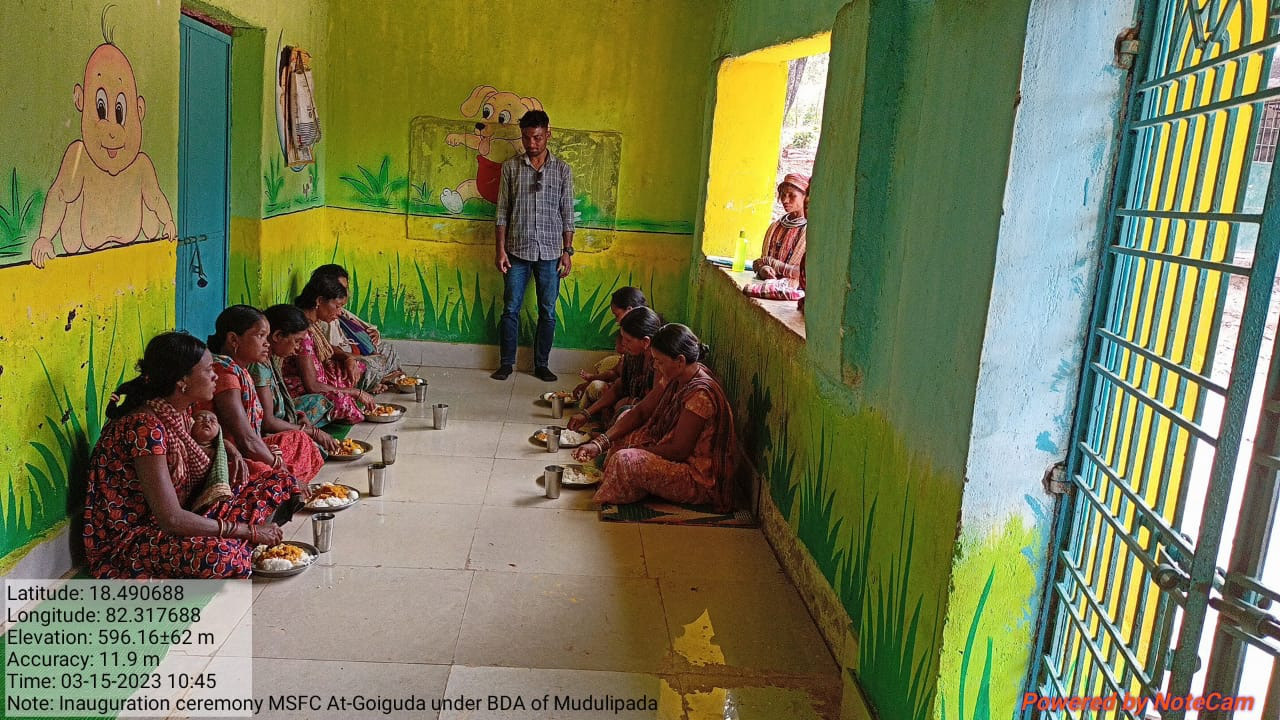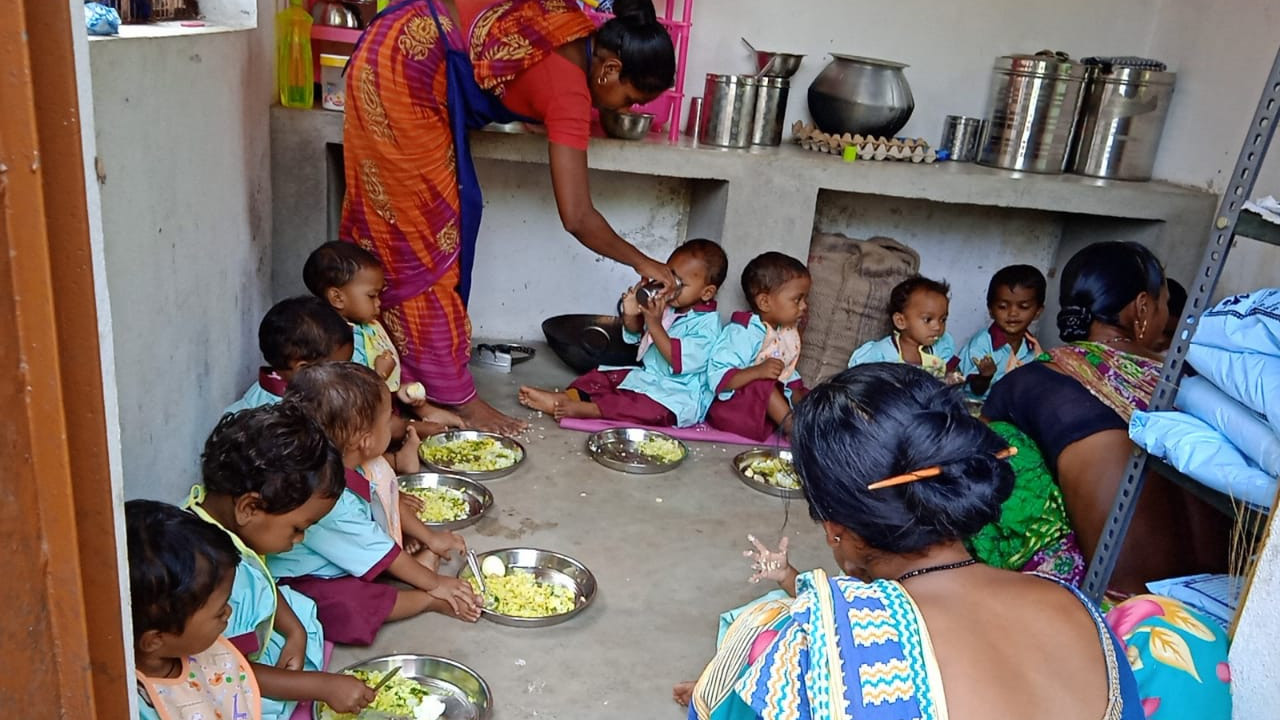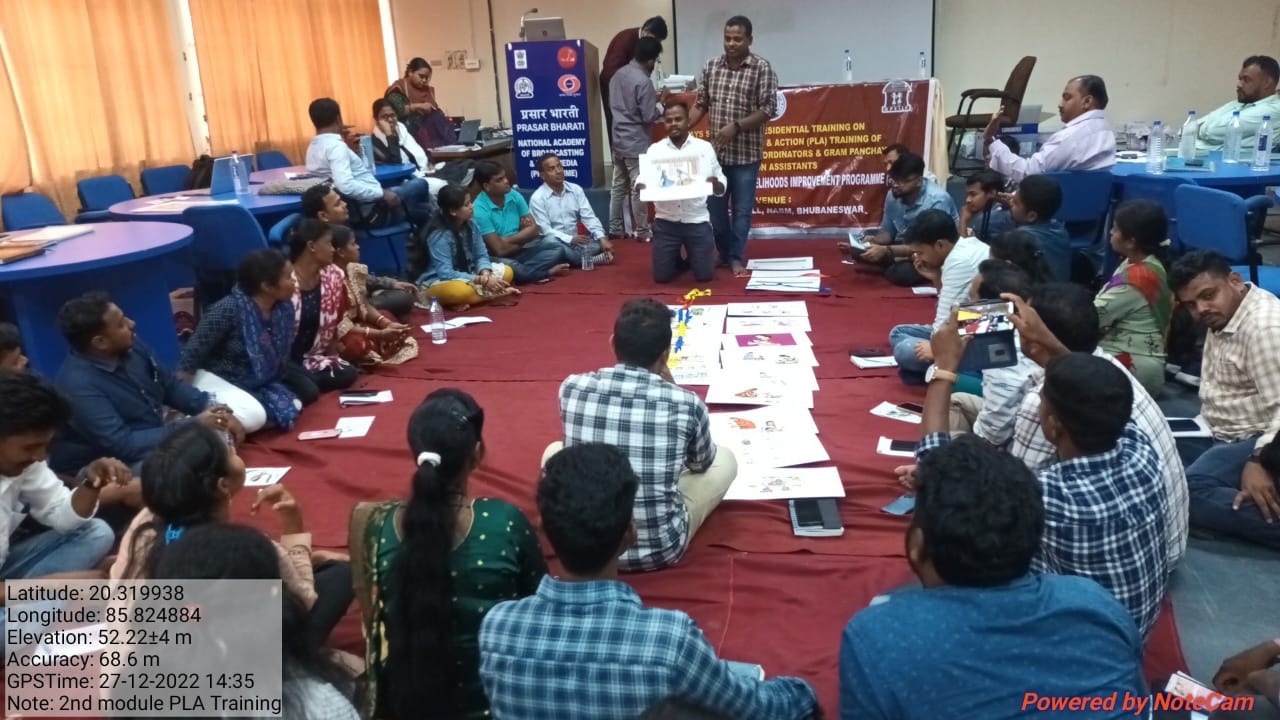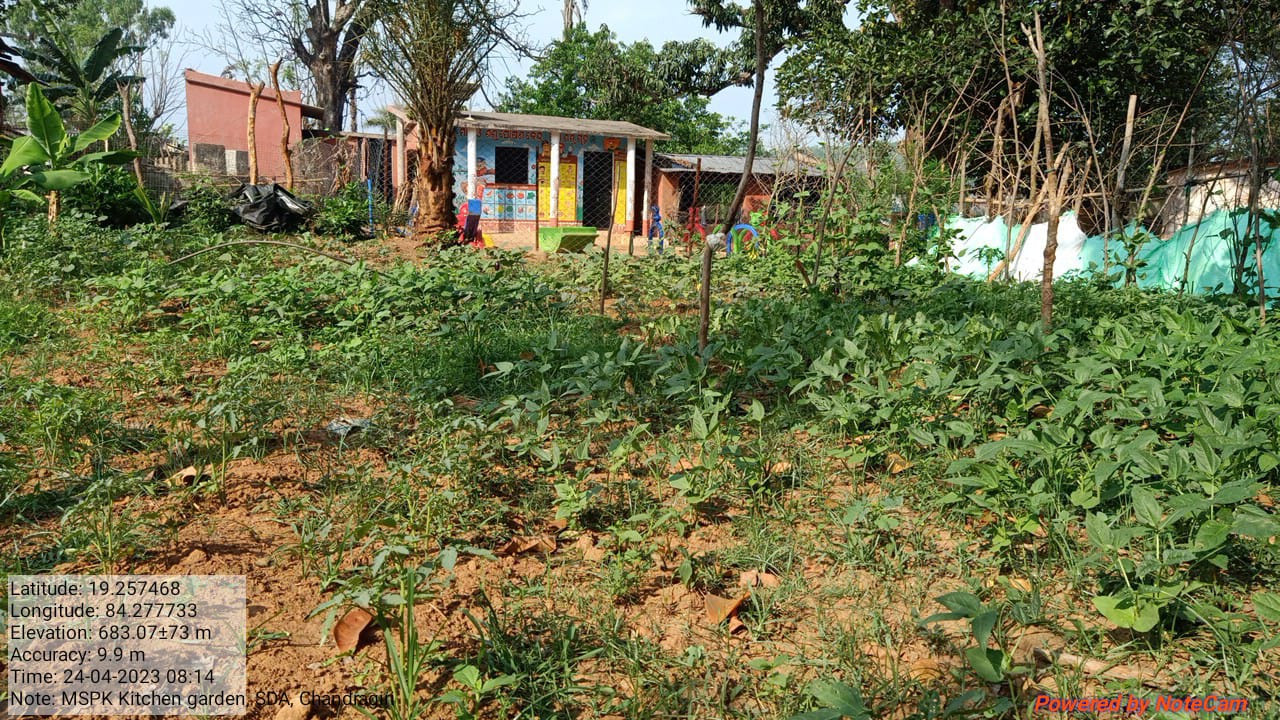Odisha PVTG Empowerment & Livelihoods Improvement Programme, Government of Odisha
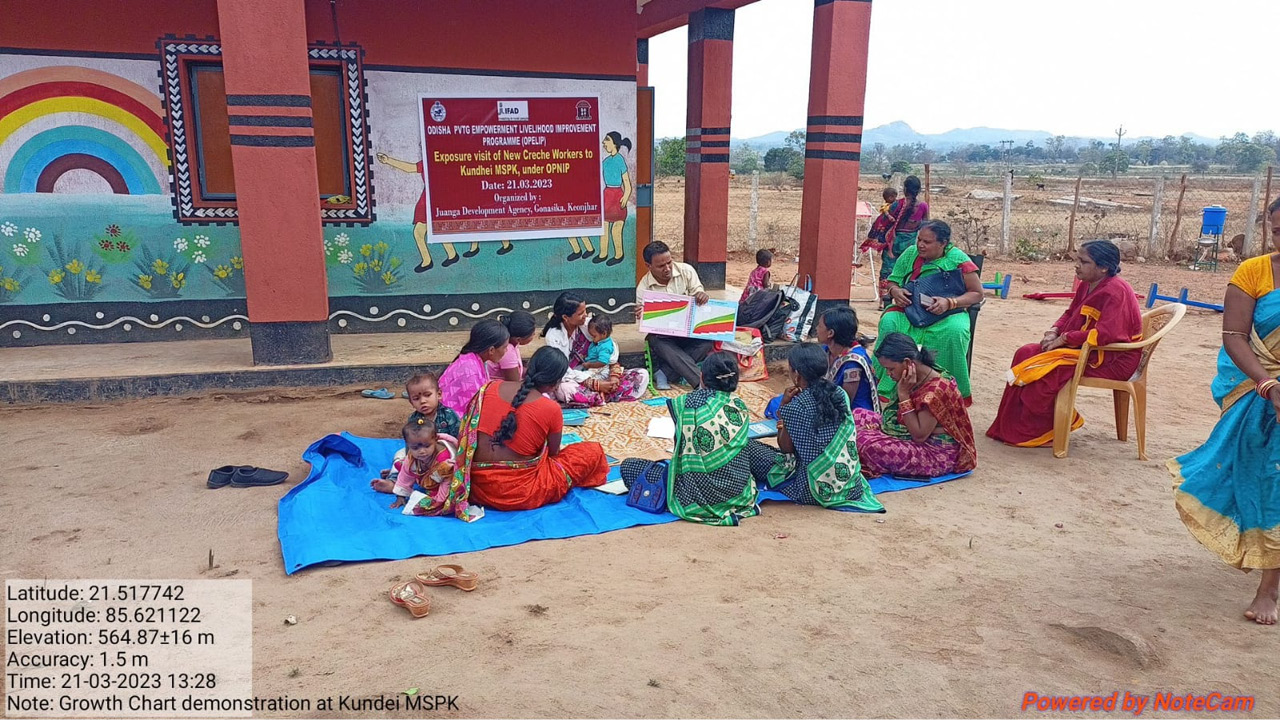
Odisha PVTG Empowerment & Livelihoods-Enhancing Nutritional Well-being for Odisha’s Vulnerable Tribal Communities.
Problem
- High prevalence of undernutrition among the PVTG community
- Need for improving health and nutrition status of women and children within PVTG communities
- Challenges in integrating and coordinating with multiple departments for the program’s implementation
- Resistance from PVTGs to accept changes due to their slow learning tendency
- Need for capacity building and sensitisation at multiple levels to ensure the success of the program
Solution
- Launch of OPELIP’s special outreach programme: Odisha PVTG Nutritional Improvement Programme (OPNIP)
- Three critical interventions: Matru Sishu Poshan Kendra (MSPK) cum creches, Maternal Spot Feeding Centres (MSFCs), and Spot Feeding Centres for children in 3-6 yrs (SFCs)
- Focus on the first 1000 days of life, emphasizing the life cycle approach
- Community-driven approach with PVTG SHG women taking lead roles in programme implementation
- Creation of decentralised and community-based feeding centers to address the gaps in nutrition delivery
Outcomes
- Successful establishment and operation of 61 MSPK cum Creches, 119 MSFCs, and 105 SFCs, impacting thousands of children and mothers
- Significant improvement in nutritional status among PVTG children, with increased percentage points in normal weight for age and weight for height
- Appreciation from renowned institutions like NITI AAYOG, Ministry of Tribal Affairs, and international agencies like IFAD, UNICEF, and WFP
- Enhanced community ownership and empowerment, especially among PVTG SHG women
- Plans for program expansion to cover more PVTG villages
Project Details
Category: Social Welfare and Nutrition Programmes
Project: Odisha PVTG Empowerment & Livelihoods
Organisation: Odisha PVTG Empowerment & Livelihoods Improvement Programme
(OPELIP), Odisha
Start Date: 01-Aug-2016
Problem
Odisha identified a significant challenge with the health and nutrition status of women and children in the PVTG community, showing higher rates of undernutrition. The historically marginalised communities required tailored solutions for equitable development. The PVTGs’ inherent hesitancy to accept changes and their nature as slow learners posed a challenge in the program’s acceptance. The coordination between various departments, from state to field level, was a hurdle in initiating the program. The challenge was not just in introducing the program but in ensuring community readiness, capacity building of staff, and selecting the right personnel.
Solution
To address the identified problems, the ST & SC Development, Minorities and Backward Classes Welfare Department initiated OPELIP’s special outreach program, the OPNIP. This aimed to improve health and nutrition among the 13 PVTG communities across 12 districts in Odisha. The program emphasised the critical first 1000 days of life when rapid growth and development take place. To tackle the challenges in delivering nutrition, three main interventions were initiated: MSPK cum creches, MSFCs, and SFCs. The program adopted a community-driven approach, with PVTG SHG women at the forefront, ensuring acceptance and effectiveness in the targeted communities. With these initiatives, the state aimed to
create a decentralised system where nutrition was accessible to all, even in remote areas.
Outcomes
The implemented solutions yielded commendable outcomes, positively impacting the PVTG communities. The establishment of 61 MSPK cum Creches, 119 MSFCs, and 105 SFCs has benefitted around 865 children under age 6 months-3 years, 1062 pregnant & lactating mothers, and 1221 children of age 3-6 years. There was a noted improvement in the nutritional status among PVTG children, with a rise in the percentage of children with normal weight for age and weight for height. The program has been lauded by significant institutions and international agencies, highlighting its success and effectiveness. Through
the program, community ownership and empowerment became more entrenched, with PVTG SHG women playing vital roles. Given its success, there are plans to expand the program to cover more PVTG villages, ensuring better health and nutrition for even more members of the community.


